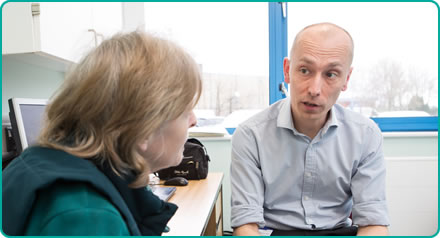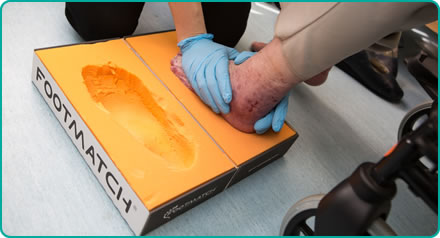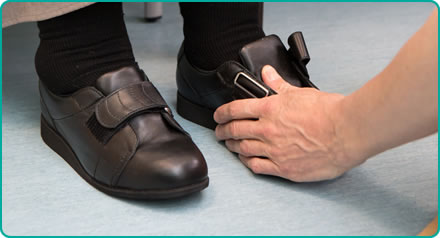Spinal Orthosis for Acute Spinal Injuries
It is likely that you have suffered a recent spinal injury or had recent spinal surgery and require a support to protect your spinal column during the rehabilitation process.
Your spinal orthosis (neck brace or back brace) has been selected to meet your individual needs.
The spinal orthosis aims to protect your spine by:
- Controlling joint instability
- Preventing excessive joint motion
- Improving joint alignment
- Reducing joint pain
Spinal orthoses can be complex devices so their designs vary to suit each individual and the level of the spine which requires stabilisation.
There are three main types:
1. Rigid devices with plastic or metal sections or supports.
2. Fabric devices.
3. A combination of rigid and fabric sections.
Important
If your spinal orthosis has been supplied to you as a direct result of a recent spinal injury then you should have been given an indication of HOW LONG FOR and WHEN you should wear the brace. This information should be given to you by a doctor or physiotherapist. Please make sure that you are aware of this information.
Your spinal orthosis should be a secure fit in order to function correctly and as a result may feel uncomfortable. If your spinal orthosis causes pain then seek advice from the Orthotics department.
Skin Care
If you have been supplied with a back brace, it is advised to wear a layer of clothing between your skin and the device. A single layer of thin cotton clothing will help to wick away moisture from your skin, minimizing heat build-up and maintaining hygiene.
Unless you have been instructed by a doctor NOT to remove the device you should check your skin for any signs of marking or redness each time you remove it.
It is particularly important to check your skin daily if you have reduced sensation.
There is always a risk of pressure and rubbing when wearing a spinal orthosis.
Caring for your device
You can clean your spinal orthosis with a damp cloth and dry with a towel. Do not dry over sources of heat as this may deform the plastic. If your spinal orthosis has removable padding, this can be machinewashed as required.
Check the device material regularly for any cracks or signs of wear and tear.
Each time you use your device, check the straps and connections for wear and tear. Do not attempt repairs yourself. Contact the Orthotics department for review.
Contact Orthotics
Feedback
You have been such an inspiration. Your patience, empathy and kindness has been truly amazing.




